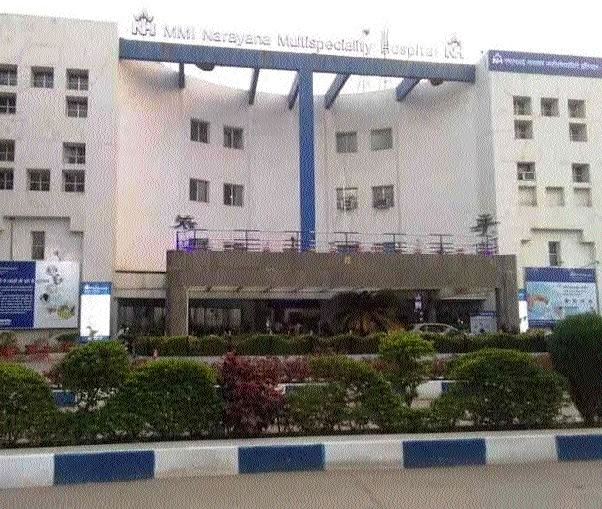Dr Sharma throws light on Acquired Hemophilia
| Date :17-Apr-2022 |

Staff Reporter :
RAIPUR,
Acquired hemophilia is an uncommon but severe bleeding disorder. In most cases, hemophilia is an inherited disease. This means a person who has hemophilia inherited the genetic mutation that causes it from one or both parents. In rare cases, a person develops hemophilia late in life, sometimes because of an underlying disease – autoimmune, malignancy etc Although disorders involve deficiency of the same clotting factor, the bleeding pattern is quite different and age of incidence is different. Educating about the disease, Dr Mukesh Sharma said Acquired hemophilia (AH) is a rare autoimmune disorder characterised by bleeding that occurs in patients with no personal or family history of diseases related toclotting. Autoimmune disorders occur when the body’s immune system mistakenly attacks healthy cells or tissue. In Acquired hemophilia, there is sudden production of autoantibody inhibitors in an individual. The body produces autoantibodies against clotting factors most commonly against factor VIII. Clotting factors are specialised proteins required for the blood to clot normally.
Consequently, affected individuals develop complications associated with abnormal, uncontrolled bleeding into the muscles, skin and soft tissue that can occur spontaneously, during surgery or following trauma. The incidence of acquired hemophilia A has been estimated to be 0.2-1.0 case per 1 million persons per year, but this figure may underestimate the true incidence of the disorder, given the difficulty in making the diagnosis. Signs and symptoms include prolonged bleeding, frequent nosebleeds, bruising throughout the body, solid swellings of congealed blood (hematomas), hematuria, and gastrointestinal or urologic bleeding. It’s very difficult to diagnose unless clinician suspects . Diagnosis is based on the finding of a low factor VIII level associated with the presence of a time-dependent inhibitor in the plasma. Once diagnosed, acquired hemophilia can be successfully treated. The first step in treating it includes controlling immediate bleeding, followed by eliminating FVIII antibodies from the body and further by treating underlying disorder.







